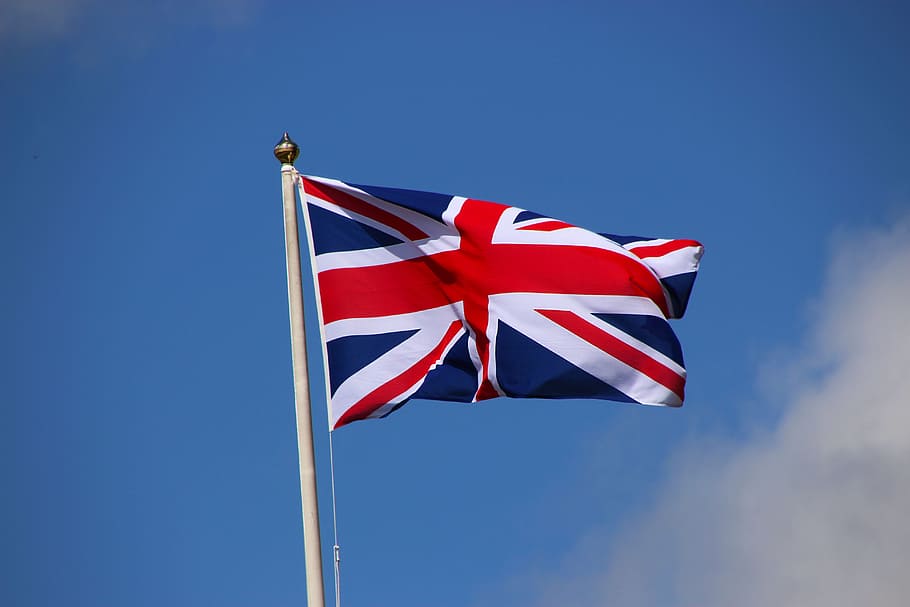According to the Office for National Statistics (ONS), annual inflation in the UK rose to 3.6% in June. The figure is an increase from the 3.4% rise in May. A Reuters poll of economists had predicted an anticipated inflation rise of 3.4%. Core inflation rose to 3.7%. Core inflation in the UK has also increased from the 3.5% figure in May. Core inflation excludes the volatile sectors of energy, food, alcohol, and tobacco.
What’s Pushing the UK’s Inflation Numbers?


According to the ONS’s chief economist, Richard Heys, motor fuel prices are propelling inflation numbers in the UK. Heys notes that fuel prices “fell only slightly, compared with a much larger decrease at this time last year.“
Heys also highlighted that food price inflation in the UK has increased for the third consecutive month. The current figure marks the highest annual rate since February of last year. Despite the uptick in food price inflation, the number is still significantly lower than its 2023 peak.
According to UK Finance Minister Rachel Reeves, “working people are still struggling with the cost of living.“
When Will The Central Bank Announce A Rate Cut?
The Bank of England will closely study the UK’s inflation data to determine its course of action regarding interest rates. Economic growth in the UK has been stagnant, and inflation figures continue to pose a threat. The UK’s economic growth witnessed a sudden dip in May.
Many experts anticipate the Bank of England to cut interest rates by 25 basis points after its August meeting.
According to PwC economist, Adam Deasy, “While price growth remains far above target, the UK economy contracting for a second straight month in May means the Bank is likely to look through the volatility in this inflation reading and proceed with a rate cut in August.“
Also Read: Trump Slashes UK Tariffs by 60% in Surprise G7 Deal
Experts are now awaiting the payroll data due tomorrow for clues as to the Bank of England’s next move.





